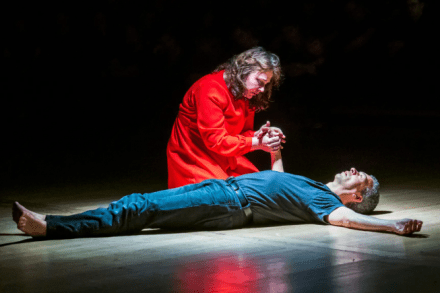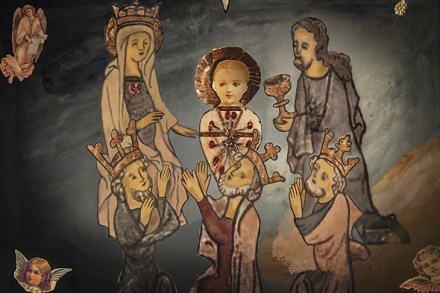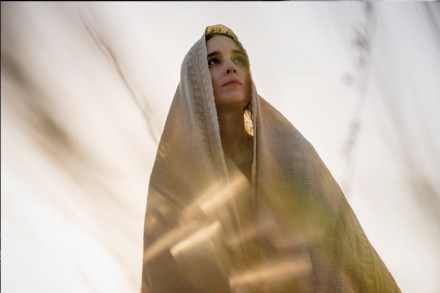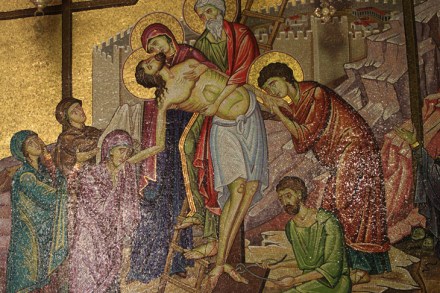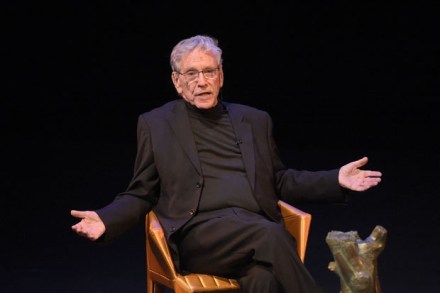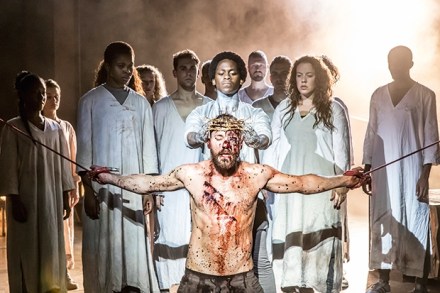What does Christian atheism mean?
Two opposed camps can only have a fruitful debate if they agree on what it is they disagree about. A militant atheist such as Richard Dawkins is right to call out scientific ignorance in some religious settings. But at a deeper level his argument fails, because the deity he rejects is a blown-up thing, not the Creator conceived in classical tradition. Similar considerations apply to Slavoj Žižek’s Christian Atheism. When the claim that religion is no more than pious fantasy forms your starting point as well as your conclusion, then reason becomes the first casualty. This approach is as circular as beginning a book on socialism by asserting that all









